Back to Courses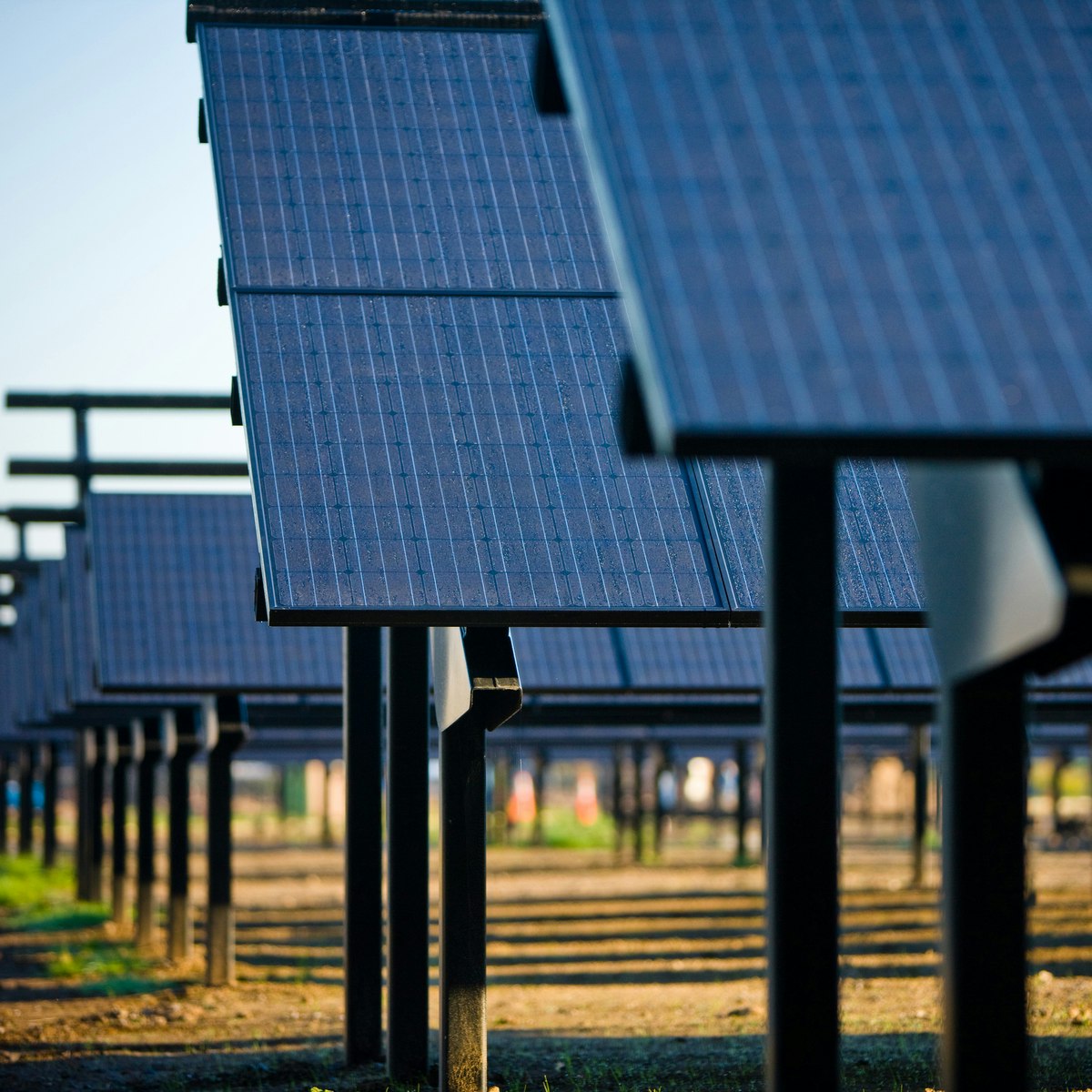
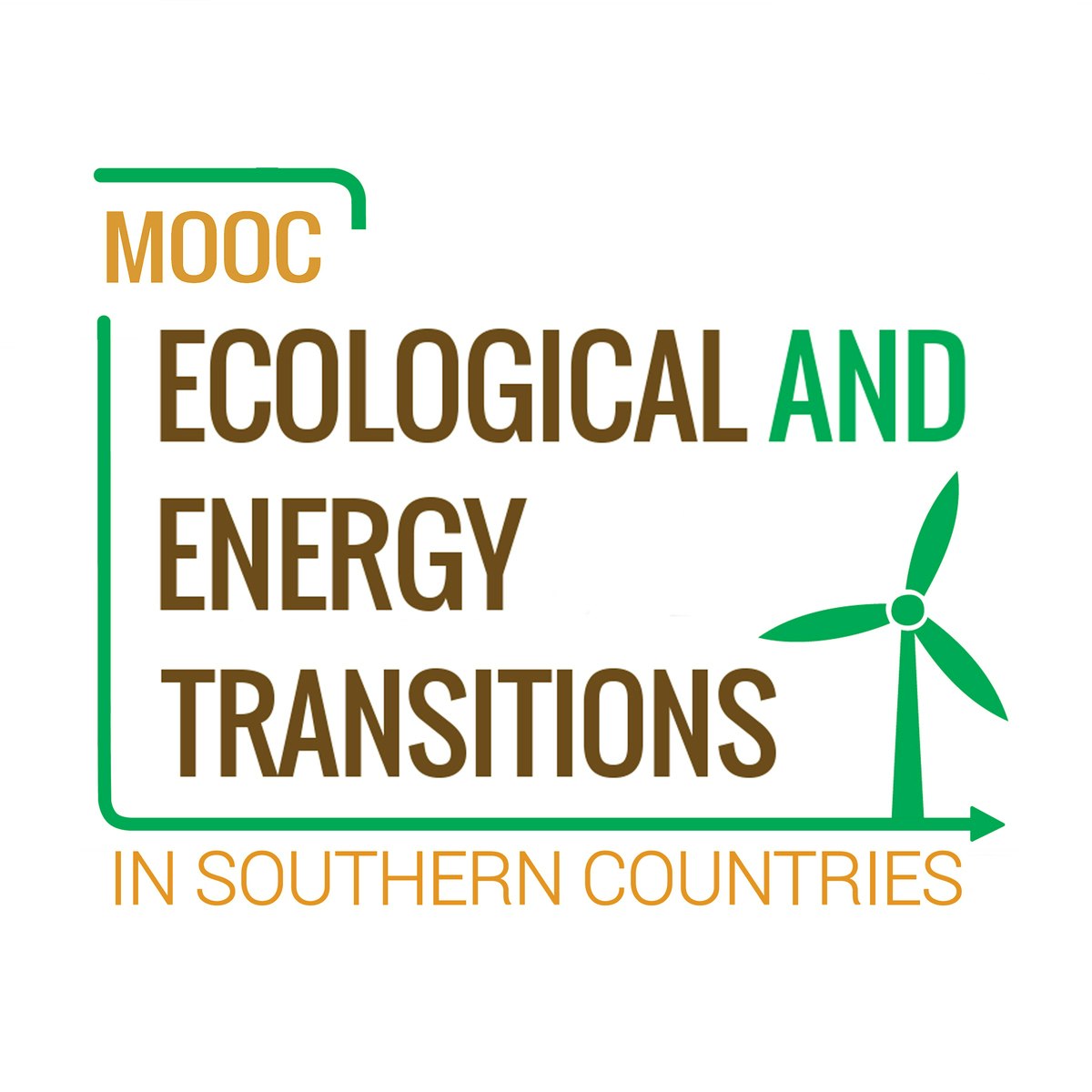

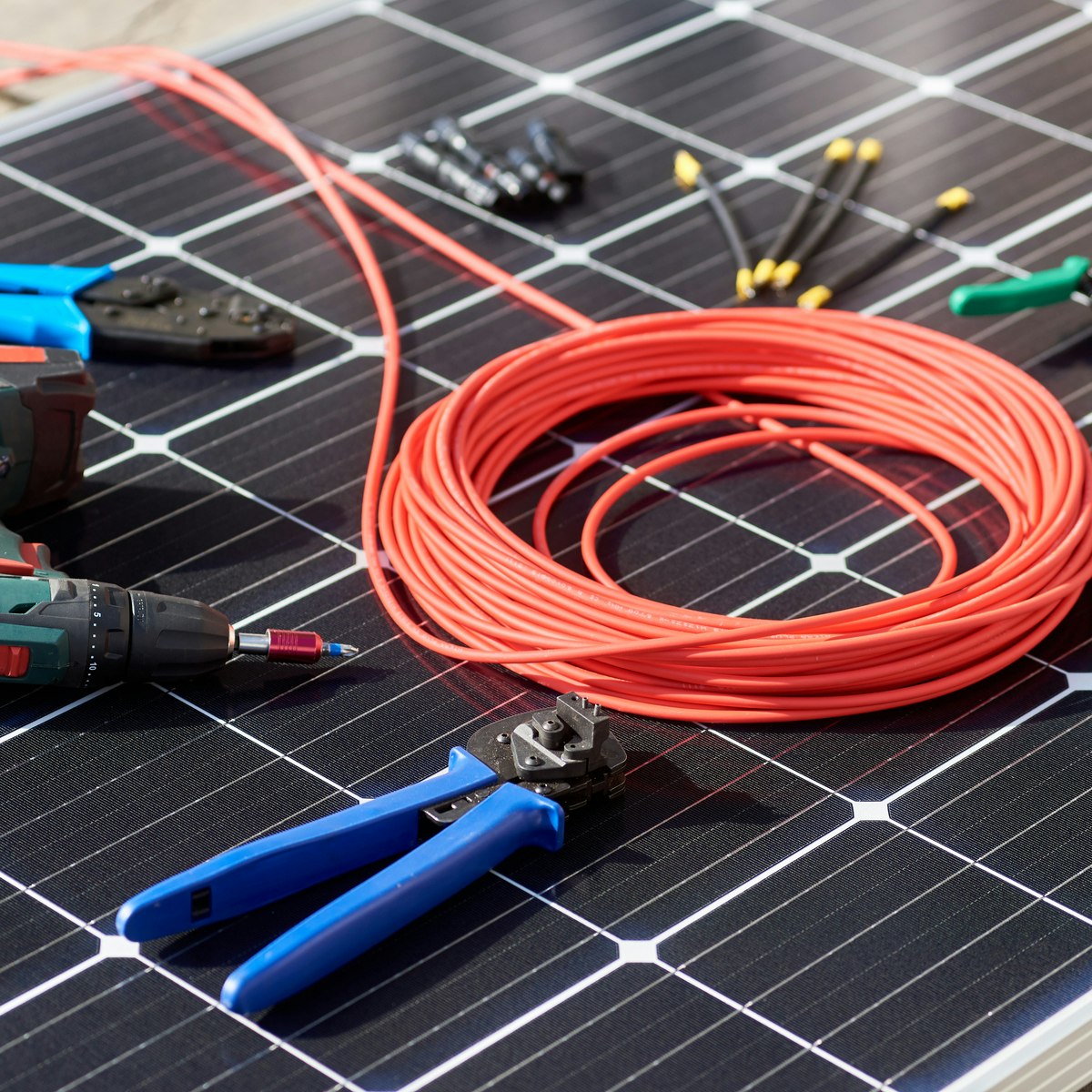
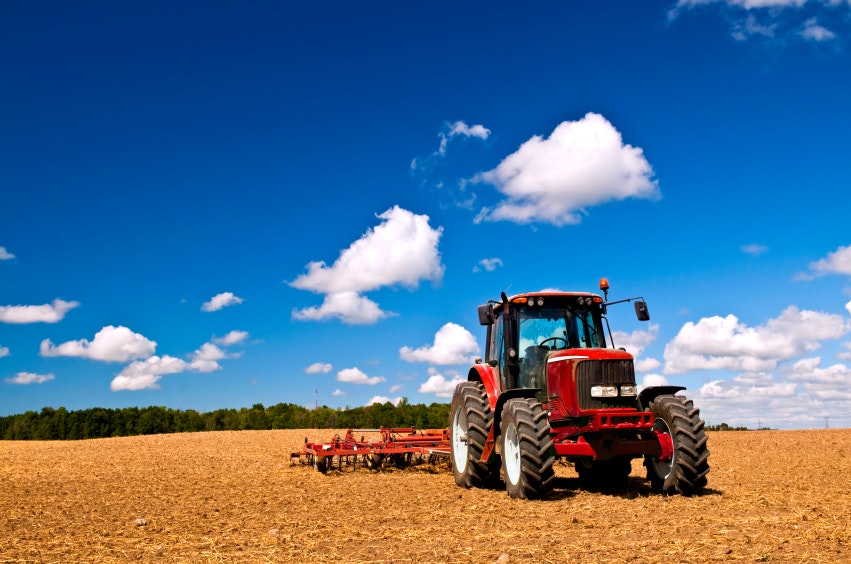
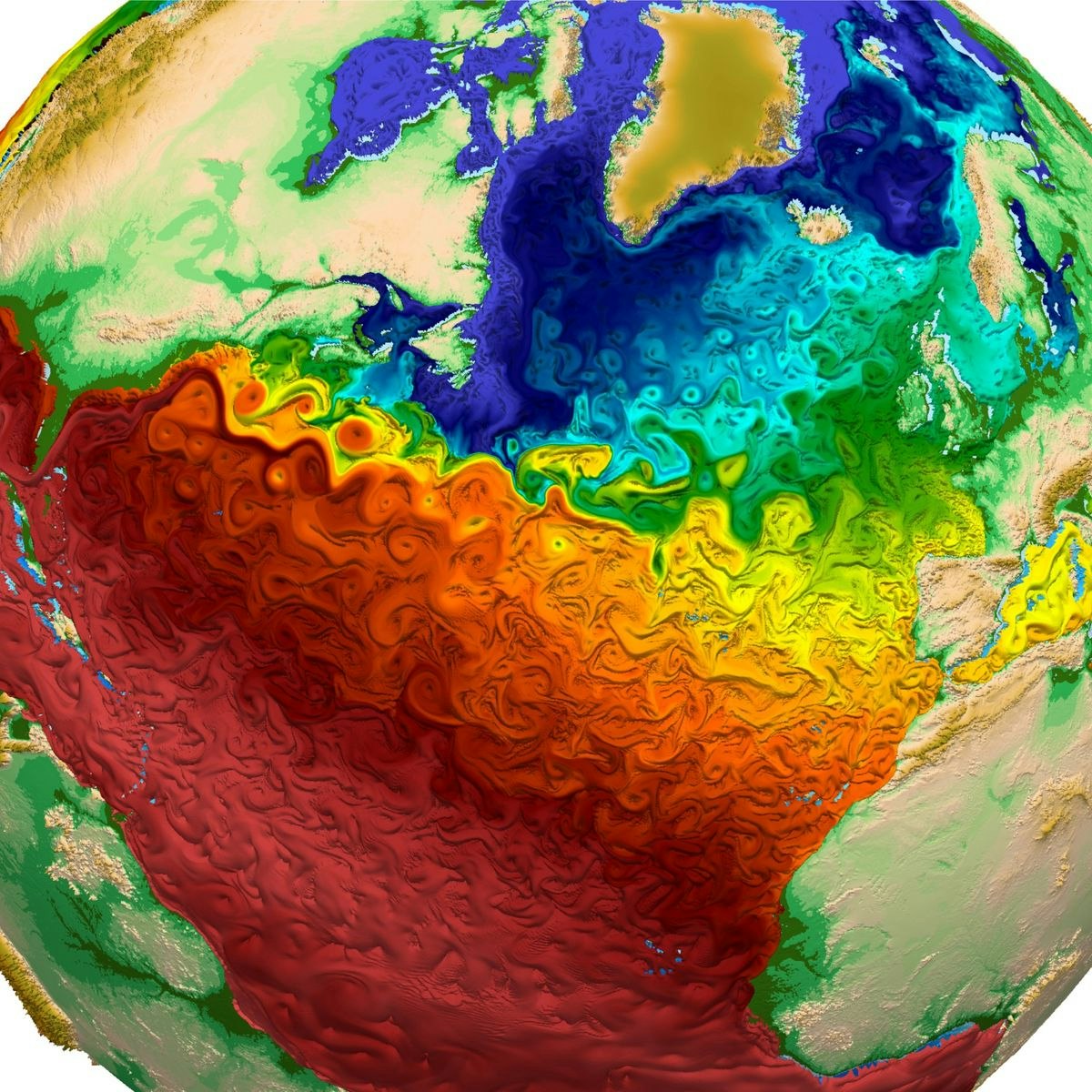

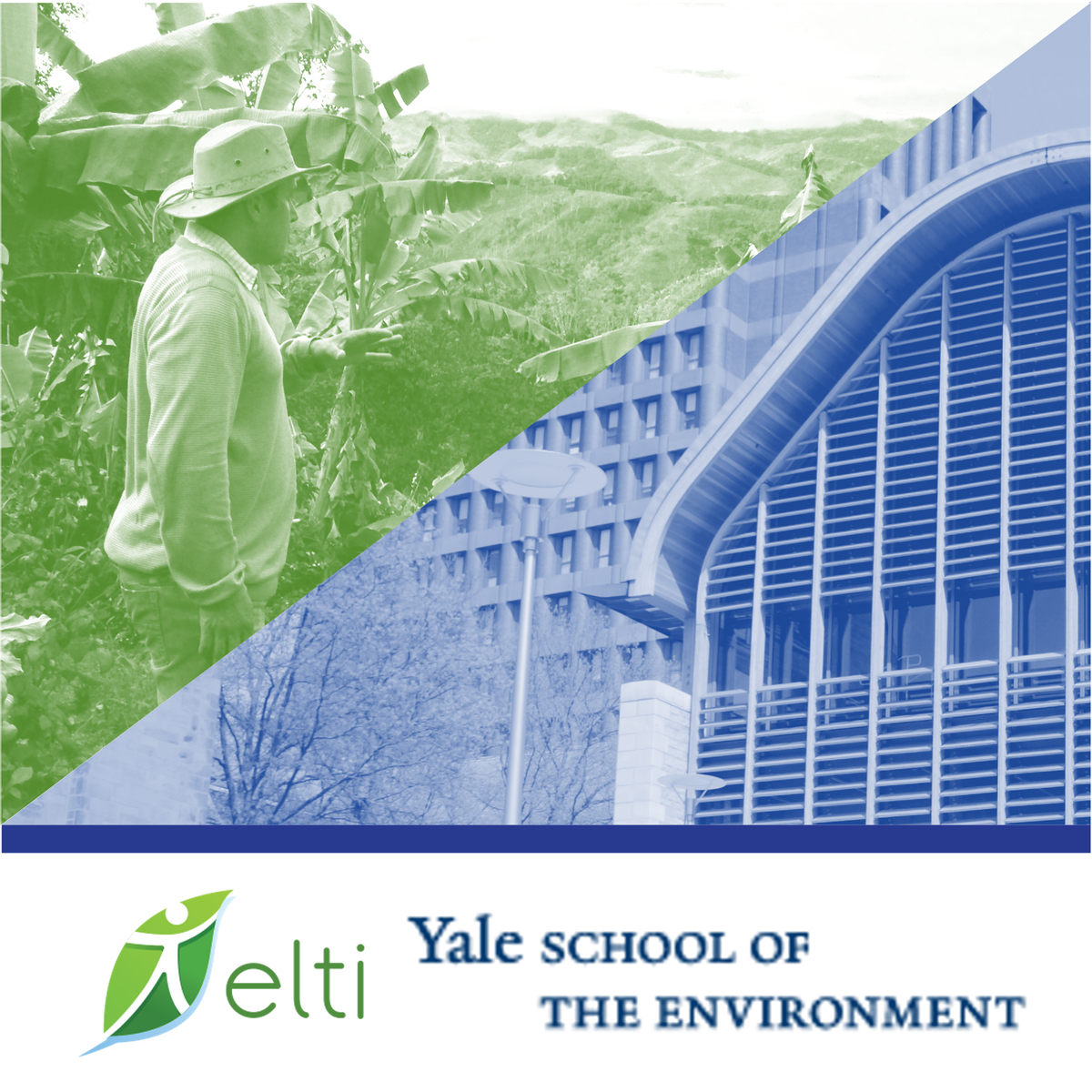
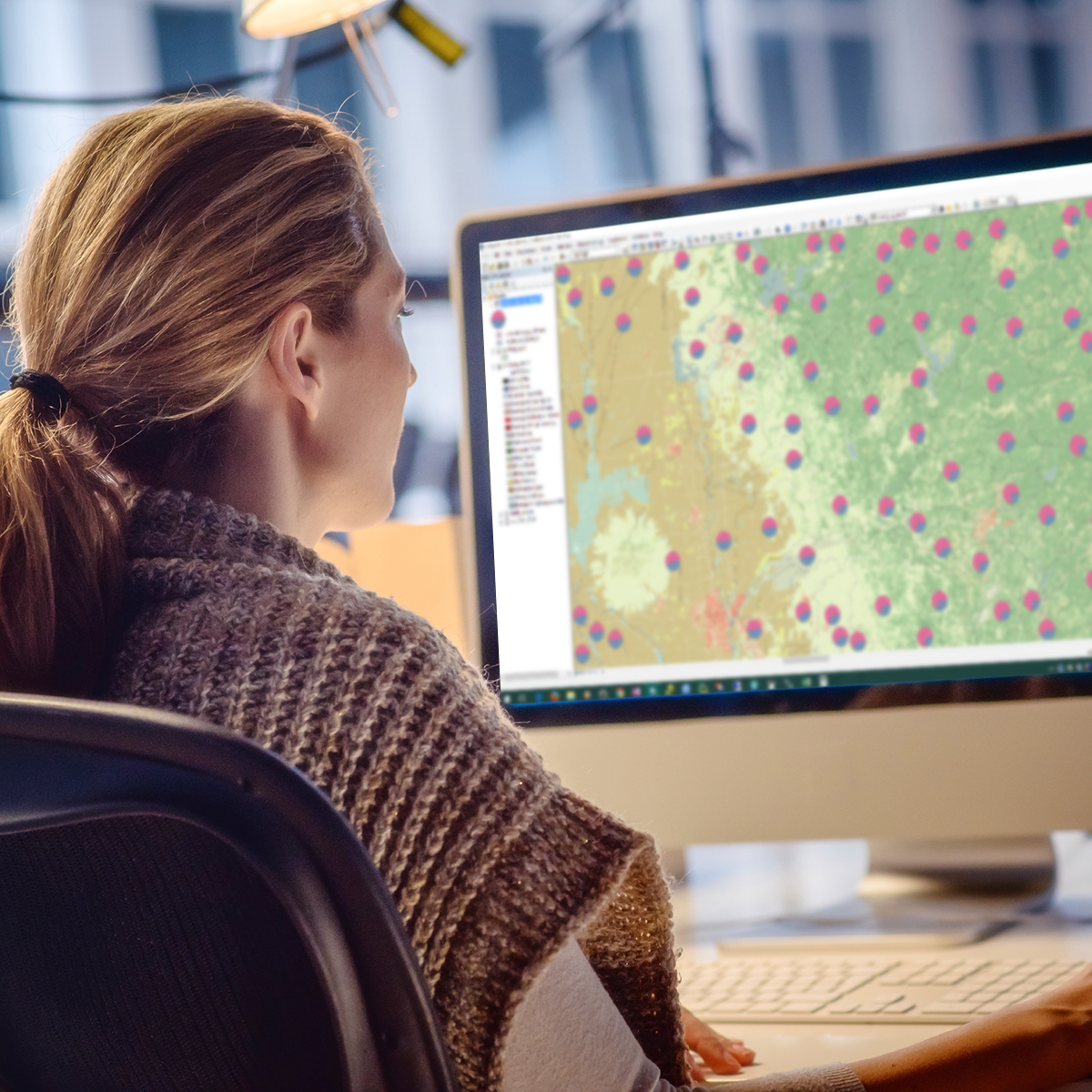
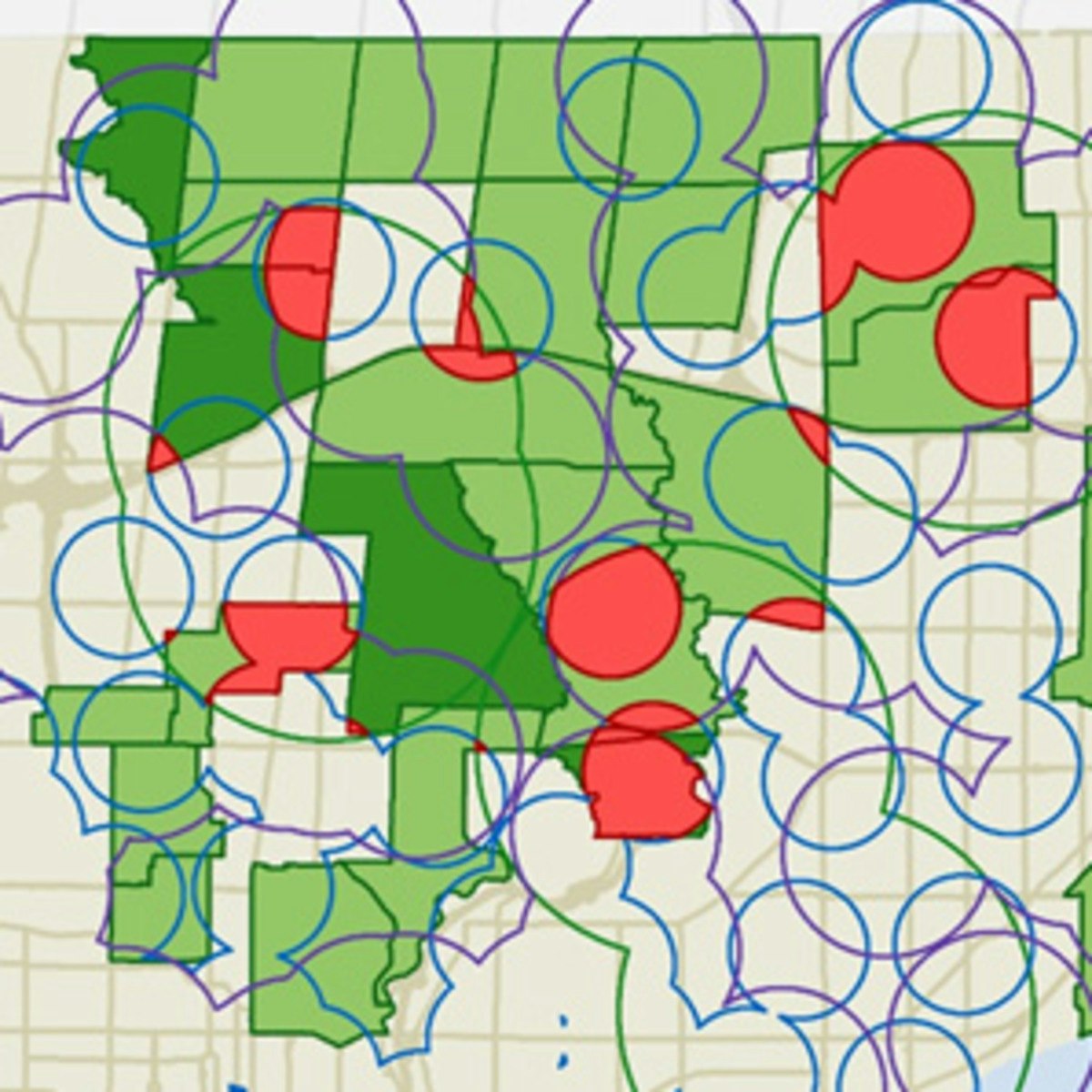
Environmental Science And Sustainability Courses - Page 10
Showing results 91-100 of 151

Solar Energy Systems Overview
By the end of this course, learners will have acquired a broad understanding of the history and mechanics behind converting light into electricity, commonly known as photovoltaics (PV). They are empowered to recognize and describe elements of a PV system, enabling them to: compare the most common types of solar cells, sketch a solar PV system, and analyze differences between rooftop and ground mounting configurations. The course explores economic considerations, touching on solar PV costs for residential and commercial use, incentives, and contrasts solar power with fossil fuel and nuclear plants.
This course is ideal for anyone interested in entering the solar power sector, whether fresh to the workforce or switching industries. The curriculum is especially useful for engineers, HVAC installers, architects, and building code inspectors.
Material includes online lectures, videos, demos, project work, readings and discussions. This is the first course in the Solar PV for Engineers, Architects and Code Inspectors specialization. To learn more about the specialization, check out a video overview at https://youtu.be/XjkKzbXqA6s.

Ecological and Energy Transitions in Southern Countries
The Agence Française de Développement and the Ecole normale supérieure are launching the fourth edition of the MOOC “Ecological and Energy Transitions in Southern Countries".
This edition will be launched simultaneously in 4 languages:
· In english : Ecological and Energy Transitions in Southern Countries
· In french : Transitions énergétique et écologique dans les pays du Sud
https://www.coursera.org/learn/transitions-energetiques-pays-du-sud/
· In spanish : Transiciones energéticas y ecológicas en los países del Sur
https://www.coursera.org/learn/transiciones-energeticas-y-ecologicas-en-los-paises-del-sur
. In portuguese : Transição energética e ecológica em países do sul https://www.coursera.org/learn/transiao-energtica-e-ecologica-em-paises-do-sul
This MOOC is at the junction between the development of Southern countries and sustainable development.
It has:
1) a macroeconomic and financial dimension, developed by Gael Giraud and Alain Grandjean;
2) an ecological and climatic dimension, developed by David Claessen and ENS speakers; and
3) a focus on Southern countries, developed by AFD speakers.
Here are the learning goals for the entire training program:
Goal 1: Be able to understand the relationship between the energy transition, the ecological transition, the role of energy in our economy, our economic development model, and financing issues.
Goal 2: Know how to advocate for and lobby on issues and on the need to change reality in order to implement strategies and action plans.
Goal 3: Be able to make a link between the Energy transition and financing solutions, and between comprehension and action.
No one questions the imperative need to ensure development based on personal well-being and a fair distribution of wealth.
The Challenges of a Transition for All
Until now the development of Northern countries has been based on an increasing exploitation of energy resources and a greater freedom of trade and exchange at the global scale. We now know that such a model is no longer sustainable, due to global warming and to the overexploitation of resources, which lead to health, social, and environmental disasters.
The Role of Developing Countries
With that in mind, how can we ensure fair and equitable growth for all? What role do countries from the different regions in the South have to play in this complete upheaval of the current economic, trade, and political models in order to achieve an effective energy and ecological transition?
A MOOC to Respond to these Questions
This free online training offers complementary perspectives from several specialists of issues related to climate change and the development of Southern countries. They will share their very practical understanding of the current crises and the answers that can be provided. Participants will learn from studies by:
• Researchers from the prestigious École Normale Supérieure in Paris
• Field experts from the Agence Française de Développement, a funding agency that has been committed to helping developing countries for 75 years,
• Carbone 4 founder Alain Grandjean, who will share his experience, in particular on the economic and financial aspects.
Here is the program:
1. Our development model is ecologically unsustainable
2. The dominant economic models hinder the energy and ecological transition
3. The energy transition path: decarbonizing GDP
4. The model of an ecological transition to new prosperity
5. Governance of the energy and ecological transition
6. Financing the energy and ecological transition

Introduction to Algae
This course was produced by the Algae Technology Educational Consortium and UC San Diego with funding from the Algae Foundation, the National Renewable Energy Lab, and the U.S. Department of Energy.
Algae are an extremely diverse group of organisms that can be found in almost every ecosystem on the planet, and they play an essential role for life on earth. They are little bio-factories that use the process of photosynthesis to create chemical compounds that we can utilize for food, feed, medicine, and even energy. We’ve brought together some of foremost algae experts from industry and academia to teach you the fundamentals of algae.
This course will cover what algae are, why they are important, and why we are interested in them for both their environmental benefit, as well as their use for products. You will also explore the vast diversity of algae including the characteristics and applications of some of the main types of algae that are in commercial use today.
Later you will learn about algal ecology and how interactions with environment, including pests and predators, affect algal productivity. And finally you will examine the processes of algae bio-manufacturing including production processes, as well as some of the products, benefits, and challenges that impact our ability to make commercially viable products from algae.

Solar Energy and Electrical System Design
This course supplies learners with the insights necessary for properly planning, and therefore successfully installing, a photovoltaic (PV) system per design specifications. It directs learners through the important steps of initial site inspection and evaluating appropriate locations for PV systems, and features unique elements of residential, small, industrial and utility-scale solar applications. The course probes key design concerns – including load, efficiency, and mechanical and electrical design – as well as aesthetics and tools for planning. Learners experiment with calculations needed to design a PV system, exercising newly gained knowledge about site selection, layout, code compliance, system components, and wire sizing.
This course is targeted for engineers who have interest in entering the solar power sectors. It is also appropriate for HVAC installers, architects and building code inspectors. Learners should have a basic grasp of electrical engineering, physics and mathematical concepts. Those who are unfamiliar with how PV works, the elements of a PV system, and/or solar power ROI should take the first course of the specialization, Solar Energy Systems Overview.
Material includes online lectures, videos, demos, hands-on exercises, project work, readings and discussions. This is the second course in the Solar PV for Engineers, Architects and Code Inspectors specialization. To learn more about the specialization, check out a video overview at https://youtu.be/XjkKzbXqA6s.

Sustainable Agricultural Land Management
This course will cover the agricultural and urban water quality issues in Florida, their bases, land and nutrient management strategies, and the science and policy behind the best management practices (BMPs). Students will learn to evaluate BMP research and analyze its role in determining practices and policies that protect water quality.

Climate Geospatial Analysis on Python with Xarray
By the end of this project, you will be able to load, visualize, manipulate and perform both simple and grouped operations over geospatial multidimensional data through Xarray and Python.
We'll explore an dataset containing temperature, vegetation density and total precipitation over the Brazilian Amazon for the 1979-2019 period while the concepts are developed.
This will enable the learner to handle and extract knowledge from complex datasets such as the ones from satellite and climate re-analysis observations.
Note: This course works best for learners who are based in the North America region. We’re currently working on providing the same experience in other regions.

Street Experiments for Sustainable and Resilient cities
Our streetscape, despite its feeling of permanence in our environment, is an ideal venue for experimentation. We have come to accept traffic movement as the default function for the street. Therefore, we need to rethink its design and space distribution, go back to its original and basic function and see them as public spaces - Transform them into places for social activities, where conversations can take place and places where kids can play. This course shows you examples of remarkable changes and gives you a toolbox for implementing and evaluating street experiments yourself. We invite you on this journey to reimagine what is possible if we dare to use our public space differently.

Tropical Forest Landscapes 101: Conservation & Restoration
Conserving and restoring tropical forest landscapes offers an opportunity to address pressing environmental and social challenges. Effective conservation and restoration initiatives support multiple objectives, including ecosystem functioning, climate change mitigation and adaptation, food security, and economic growth.
This seven-week course explores the technical, social, and funding aspects of this timely topic. You will learn:
1. The importance of tropical forest landscapes and the actors and motivations driving restoration and conservation efforts.
2. How tropical forest ecosystems work, and how they relate to climate change and biodiversity.
3. Fundamental human dimensions to consider in any project, including human livelihoods and local property rights.
4. Conservation theory and dynamic aspects of conserving species and landscapes.
5. A spectrum of restoration strategies and key considerations for restoration, such as species selection and planting design.
6. How agroforestry systems can integrate trees and production to meet different goals.
7. Basic financial concepts and potential sources of conservation and restoration funding.
The materials in this course offer a selection of key content from the Yale School of the Environment and Yale Environmental Leadership & Training Initiative's yearlong Tropical Forest Landscapes: Conservation, Restoration & Sustainable Use online certificate program.

Geospatial and Environmental Analysis
Apply your GIS knowledge in this course on geospatial analysis, focusing on analysis tools, 3D data, working with rasters, projections, and environment variables. Through all four weeks of this course, we'll work through a project together - something unique to this course - from project conception, through data retrieval, initial data management and processing, and finally to our analysis products.
In this class you will learn the fundamentals of geospatial and environmental analysis during four week-long modules:
Week 1: Tour ArcToolbox and learn how to use common geospatial analysis tools built into ArcGIS
Week 2: Gain a working understanding of raster data models: symbolize, reproject, overlay, and assess rasters. Take a detour into 3D data models, and interpolation of observations into 3D surfaces and rasters
Week 3: Go in-depth on projections and coordinate systems, which are foundational to all GIS. Learn how to use environment variables to constrain your analyses and get better quality data products.
Week 4: Expand your knowledge of symbology. Learn how to visually display your data by classifying it in logical groupings and then symbolizing it on your map.
Take Geospatial and Environmental Analysis as a standalone course or as part of the Geographic Information Systems (GIS) Specialization. You should have equivalent experience to completing the first and second courses in this specialization, "Fundamentals of GIS" and "GIS Data Formats, Design, and Quality", before taking this course. By completing this third class in the Specialization you will gain the skills needed to succeed in the full program.

GIS, Mapping, and Spatial Analysis Capstone
In this capstone course, you will apply everything you have learned by designing and then completing your own GIS project. You will plan out your project by writing a brief proposal that explains what you plan to do and why. You will then find data for a topic and location of your choice, and perform analysis and create maps that allow you to try out different tools and data sets. The results of your work will be assembled into an Esri story map, which is a web site with maps, images, text, and video. The goal is for you to have a finished product that you can share, and that demonstrates what you have learned.
Note: software is not provided for this course.
Popular Internships and Jobs by Categories
Browse
© 2024 BoostGrad | All rights reserved


